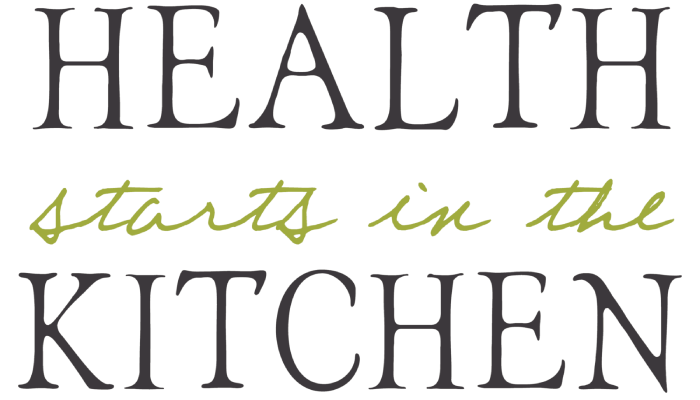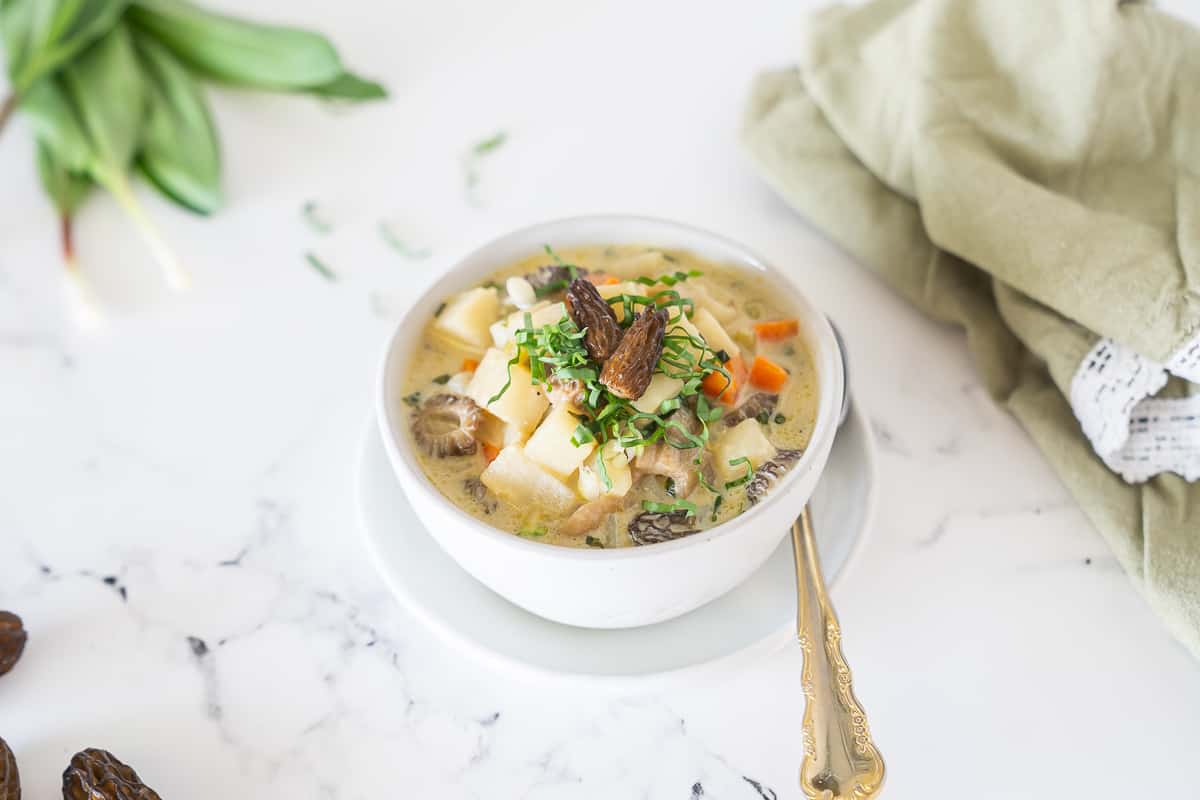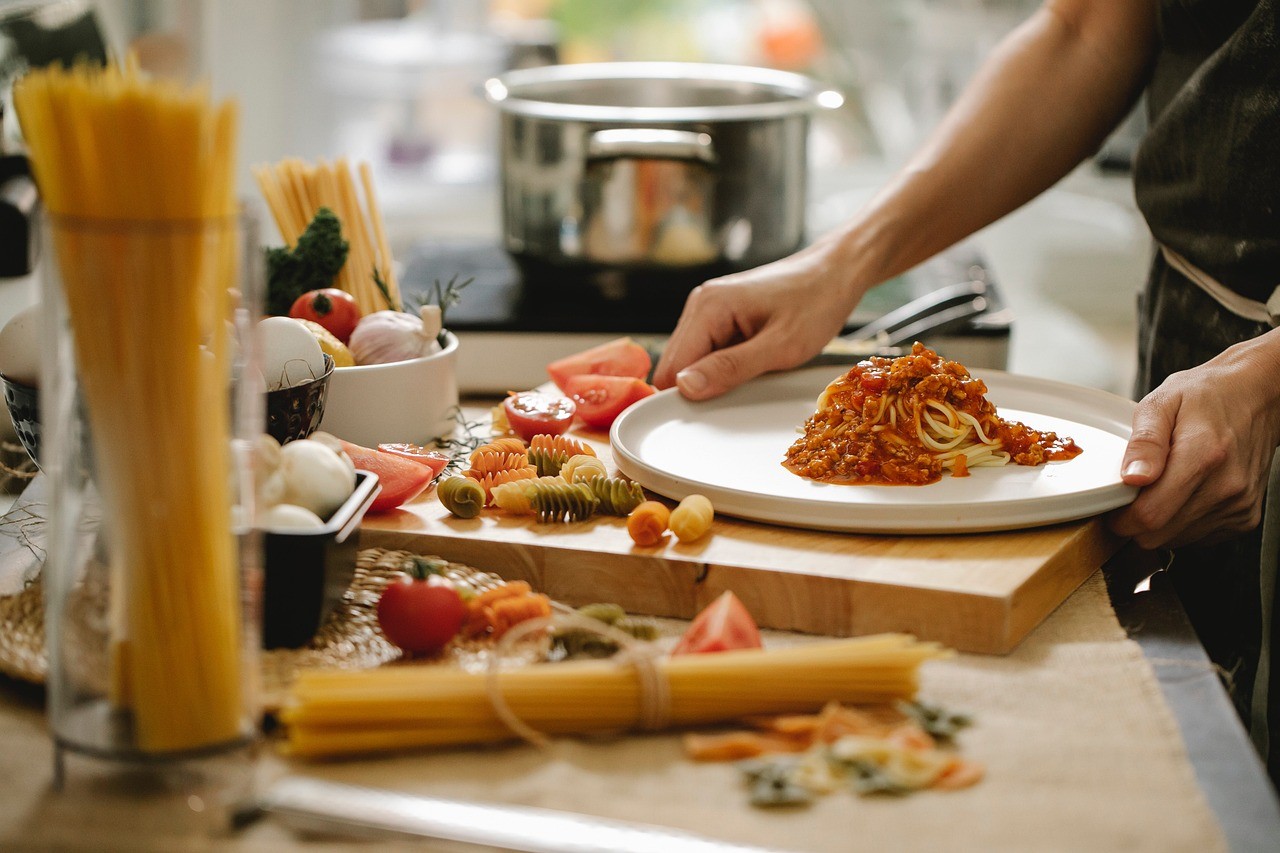Types of Cooking Schools and What They Offer
Cooking schools are not just about the theory of cooking but also about the atmosphere and philosophy. Food is just a context, a derivative of the place where you come, its beauty and culture.
Today, there are many cooking schools open all over the world, and almost all of them are available to anyone. In this article, we are going to present cooking schools that you should pay attention to first.

Picture by Maarten van den Heuvel on Pexels.com
Le Cordon Bleu (Paris, France or London, England)
Tuition fees: from £5000 per course.
To apply to this school, you should write a cover letter explaining why you chose this school to study and your professional goals. If you have problems with writing such a paper, you can get help from a professional writing service. By the way, on such services, you can order not only a cover letter but also other types of papers. For example, you can buy a research paper, coursework, admission essay, etc.
Le Cordon Bleu is the oldest and most important culinary school in the world. This is a place where the kitchen has been turned into a systematic academic industry and where there is something called teaching. And it is somewhat different from ordinary culinary colleges.
Le Cordon Bleu teaches not just how to cook but, above all, the understanding of gastronomy that was established by Auguste Escoffier at the end of the 19th century and which made the reputation of French cuisine in the 20th century. Restaurant technology all over the world is based on this philosophy.
The main branches of the school are in Paris and London. The school has the best teachers. The London branch is a large four-story school with bicycle parking in the Marylebone area where Madonna and Sir Paul McCartney live.
Studying at Le Cordon Bleu consists of three courses, each of which lasts about four months (including exams, etc.). You can choose one of two departments – culinary or confectionery. The course includes theoretical, thematic, and practical classes.
There is still a slight difference between the two branches: the Parisian school is larger and tougher. In particular, in Paris, students have to wash the dishes themselves, but in London, they don’t have such a rule.
Le Cordon Bleu is a school not only for those who have wanted to become a professional chef since childhood. You can study there at any age you want.
The main thing that Le Cordon Bleu gives is not the ability to cook or knowledge about food. Each of us collects them in one way or another throughout our lives. Like any good education, Le Cordon Bleu gives you the opportunity to systematize what you knew or guessed. And, like any practical knowledge, it makes you free.
Quat’Saisons by Raymond Blanc (Oxford, England)
Tuition fees: from £500 per lesson.
Raymond Blanc is the most influential person in terms of cooking in England. For 35 years, he has lived on an estate in Oxford, 15 km from London. It is the only hotel in England with two Michelin stars. In addition to the hotel and restaurant, there are courses offered by Raymond Blanc, for which you need to sign up two months in advance. Especially for the courses, Raymond Blanc built a small house next to the semi-monastic building of the estate where his students live.
Courses last from one to four days. Lessons and subsequent tastings are held in a fashionable kitchen designed by English and German designers. Six people learn to cook Blanc’s recipes four times a week. Classes are divided by topic – “Learn to cook in one day”, “Valentine’s Day dinner”, vegetarian lunch, “Taste and color” (about the characteristics of different products), etc. In addition, a cooking school has been opened for children, where they teach simple things – salads and desserts, for example.
Raymond Blanc’s course is the only school attended by Heston Blumenthal, who has been voted the world’s best chef twice in recent years.
Now, like Heston Blumenthal once did, anyone can sign up for a course. And for this, you don’t have to be a chef or dream of a restaurant career. This is a course for non-professionals. True, since Blumenthal graduated from them, their prices have increased greatly and now cost £500 per lesson.
Le Pres d’Eugenie by Michel Guérard (Eugénie-les-Bains, France)
Tuition fee: from €210 per lesson.
In the French part of the Pyrenees, in the Landes, in a place called Eugénie-les-Bains, Michel Guerard, one of the best chefs in the world, lives. In the Landes, he has a hotel, thermal baths, a restaurant, which has held three Michelin stars for 30 years, a large vegetable garden, and the most worthy cooking courses.
Moreover, there are programs for ordinary tourists and for professionals. A tourist can come for one day and learn to cook only one dish or lunch – it will take from two to four hours, depending on the topic and technology. The topics are completely different – but each lesson will definitely include a gourmet dish, a healthy dish, and a local recipe from the Landes region. Gerard raises ducks himself and has his own large farm and vegetable garden. And almost everything is prepared from his own products.
Why do we recommend such places with famous chefs? In addition to the techniques, these chefs have the atmosphere and understanding that art can be made from a set of simple materials. It is this, and not just a duck recipe, that they try to teach their guests.
Academy Barilla (Parma, Italy)
Tuition fee: €300 per lesson.
This is the main culinary school in Italy, which was opened in 2004 by the company producing the pasta and olive oil of the same name, Monini. Barilla is the number one pasta brand in Italy and the most prestigious culinary school in the country. And it is located in the most gastronomic place in the country, in Parma, the center of the so-called Valley of Taste.
This is a huge educational institution with professional faculties and courses for amateurs and even one-day classes for those who want to make only, for example, “spaghetti carbonara.” In addition to educational activities (fairs, food festivals, support for the Slow Food movement), Academia Barilla protects producers of national Italian products and fights against the illegal use of original product names.






